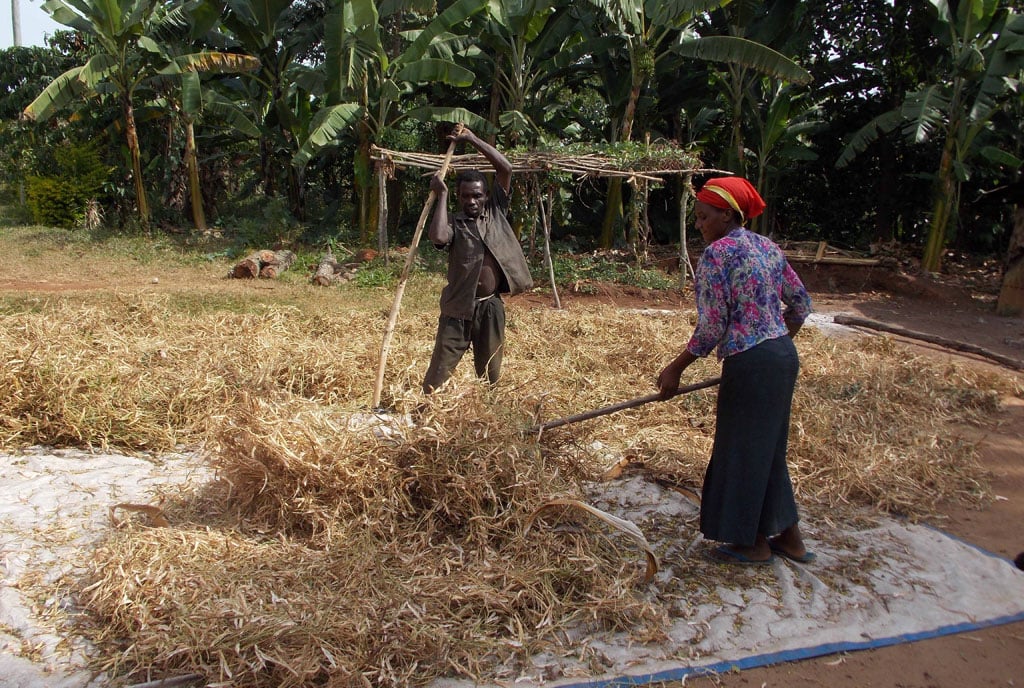Taking good care of livestock’s health

Michael Ssali
What you need to know:
- Pay his professional fees promptly in order to get prompt help all the time you need him.
Any farmer who keeps livestock has a strong reason to sustain a close relationship with a veterinary doctor. It is important to have the vet doctor’s phone number because you will need his services any time.
Pay his professional fees promptly in order to get prompt help all the time you need him.
The livestock could be the farmer’s main source of income and food, therefore the animals or birds must be healthy to achieve this objective. Poor livestock health leads to low yields and reduces profits.
Disease may kill the birds or the animals and disrupt the farmers’ livelihood. The farmer must therefore be constantly watching and observing to ensure that his livestock is healthy and productive.
For livestock to be in good health the farmer must make sure that the birds eat clean and nutritive food. They must be kept in a clean and safe environment.
Be careful about what your animals and birds eat or drink. If they are to be fed on grass it should not be mixed with foreign objects such as pieces of ropes, metal, or plastic.
They get fed up with too much grass of a particular kind and may not eat sufficiently for days or even weeks resulting in reduced milk or eggs production.
The water for livestock to drink must be clean and free of chemical pollution or contamination of any kind.
Regularly consult the area agricultural services extension officer about what feeds are the best for your animals depending on whether they are laying, or pregnant or lactating.
Some animals get fractures when they don’t graze on level ground by stepping into ditches.
Try to level the grazing area. It is safer for your animals and birds not to be in easy contact with other people’s livestock.
Fence off your farm and as much as possible have a separate source of water. Direct contact with sick animals and birds spreads contagious diseases like Foot and Mouth Disease.
Regularly have your livestock vaccinated against diseases. Like us human beings they may be attacked by micro-organisms such as bacteria or viruses.
They can be invaded by parasites which suck blood from the host animals and birds.
Other parasites such as tapeworm and roundworms cause dangerous infections in the digestive systems of livestock. Find out always why the animals or birds are not eating or not walking.
Mr Michael Ssali is a veteran journalist,



